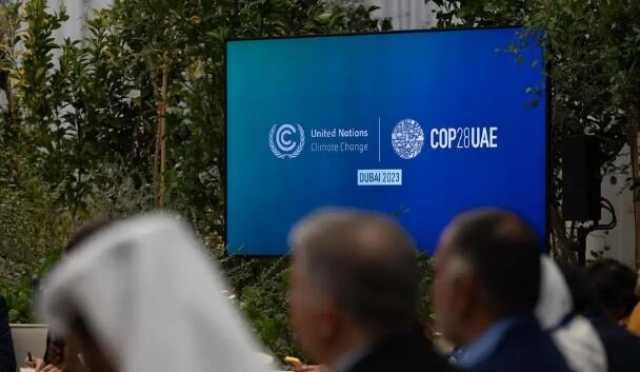The reason for holding the COP28 in an OPEC member country, i.e., the United Arab Emirates, apart from the desire and enthusiasm of the Emirati authorities to host important international meetings and gain the prestige and influence resulting from it, can also have another reason; the Middle East (West Asia region) is one of the regions that is highly dependent on energy. This region has abundant oil and natural gas resources, and a major part of its economy is based on selling those resources. However, dependence on fossil energy and, as a result, the resulting pollution has also brought problems to the region. Among those problems, we can mention air pollution, an increase in respiratory diseases among citizens, a drier climate, and the formation of water tensions within and between the region’s countries.
As a result, in recent years, attention to clean and green energy has increased in the region. However, the key question here is that in a situation where the world’s poorest countries suffer more from the effects of climate change and the world is concerned about the ongoing wars in Gaza and Ukraine, is there any hope for the determination of the countries of the world to take a joint measure in the field of reducing or optimizing the use of fossil fuels? And what is the future of those energies in the West Asia region?
In response to the first question, it should be said that due to the increasing problems caused by climate change, which is no longer specific to a particular region and country, and on the other hand, due to the geostrategic security threats caused by the dependence of world powers on fossil energies, it seems that the developed and large countries of the world tend to take positive steps towards clean energy; however, to carry out those measures, they have set a relatively long period so that it is possible to plan and invest in this area, and of course, the industries dependent on their fossil energies do not face serious and premature damage and tension. The decision of the United States and 21 other countries on the second day of the United Nations COP28 meeting in Dubai to triple the capacity of nuclear energy by 2050 can be evaluated in this regard.
However, the other side of the story is that the tripling of the nuclear energy capacity by 2050, along with other programs of developed industrial countries to use wind and solar energy, etc., will help them reduce their dependence on oil and gas and this can be a strategic threat for the single-product countries of the West Asia region, whose primary source of income and influence in the international field is fossil energy.
On the other hand, the cost of investment for the development of clean and green energy in the West Asia region is higher than that of fossil energy, and naturally, allocating funds for such cases cannot be a priority for countries in this region, many of which are struggling with economic problems. Also, the possibility of attracting foreign investors is not much prepared for all those countries. Lack of proper infrastructure, the need to consider the market situation (customers and beneficiaries of clean energy), human resources (presence of sufficient specialized human resources), primary resources, equipment, and other knowledge infrastructures and mother technologies are other problems that face the development of clean and green energy with problems in most countries of the West Asia region.
Nevertheless, it must be said that clean energy has many advantages, which make its use beneficial and useful for all countries of the world, including the countries of the West Asia region, in the long run—reducing air pollution, controlling the alarming trend of climate change (due to not producing greenhouse gases), creating new job opportunities and the possibility of attracting more labor and improving security and economic independence due to not depending on income from fossil resources. However, perhaps the most important reason the countries of the West Asia region should go towards clean energy is the need to understand strategic transitions in time and to align, rather than take the lead in them. At the current stage, with the economic, political, and security problems that climate change creates for different countries every day, the world has come to this understanding and public awareness that it must go through the costly and harmful conditions of fossil energy or at least to look for new technologies (such as carbon removal technology) to curb their damage. In such a situation, preparation and planning to take the lead in the optimal use of clean and green energy are smart policies that should be followed by all countries in the West Asia region, especially the Islamic Republic of Iran. This approach will diversify the domestic economy of those countries and increase the citizens’ welfare and quality of life, increasing their social capital and security factors. But in the medium term, it will give those countries a kind of soft power and international credibility. In the long term, it will release them from the risk of isolation and possible sanctions due to not accompanying the international community’s decisions in the climate field.










0 Comments